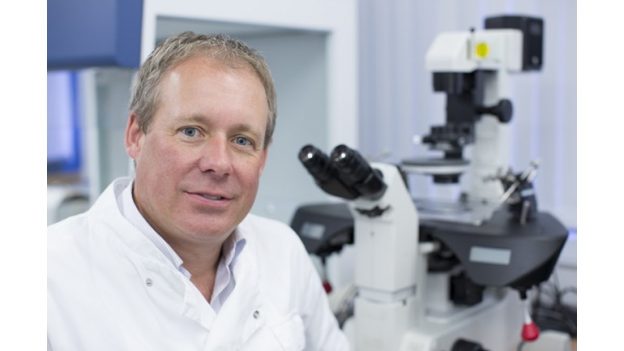Genetic disease affects 1 in 50 babies, can lead to stillbirth, miscarriage, pregnancy complications and IVF failure. Young researchers working in this field drive scientific progress in this area. One of the ways in which we can promote their careers is by supporting them to visit other labs, to attend conferences and to present their fascinating research.
Sadly, funds are all too short for allowing them to do this, and so Darren Griffin decided to fundraise to support these young people in enhancing their scientific careers in this fascinating and worthwhile area of science.
Darren recently celebrated his 50th birthday, and, instead of presents, asked friends, family and collaborators to donate to his cause. He said:
“The idea came from the fact that I was having a big birthday party and didn’t want my house filled up with presents from every guest I was inviting. Bringing opportunities to young scientists is one of the most rewarding parts of my job and I thought there could be no better way to divert any monetary good wishes to and even better good cause. The just giving page was excellent and I was overwhelmed by the generosity of my friends. The money is already about to be put to good use with three of my lab going to a conference in Florence later in the year.”
To date, the fund has exceeded its initial target of £4,000 and continues to grow. You can visit the page at https://www.justgiving.com/fundraising/Darren-Griffin

